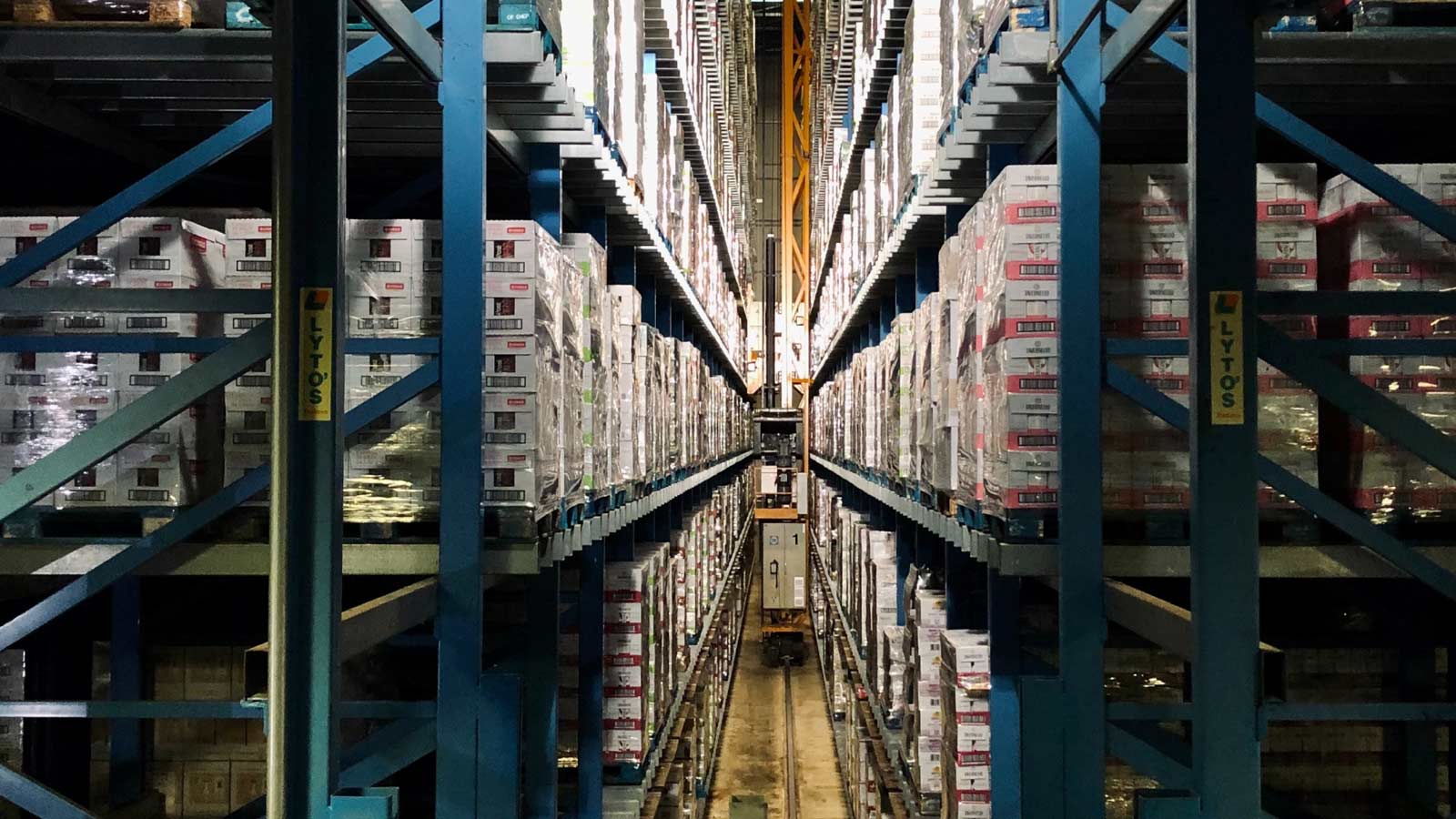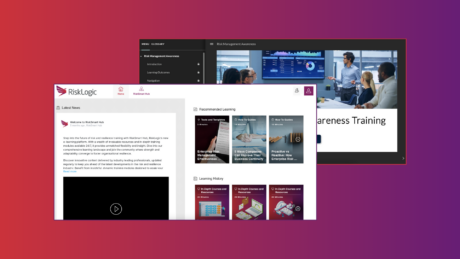-
Url copied to clipboard.

When you think of drought, Africa, South America or the Middle East usually springs to mind. It’s unlikely Germany resides in this list. However, this year marks its worst drought on record.
If you know anything about Germany, you know that their two favourite things are fantastic beer and delicious potatoes.
You could understand my surprise when I learnt the price difference in potatoes and beer. It was cheaper for us to fill up on thick wheat beer than a high-carb vegetable. After some research, I found out that Germany had recorded their hottest summer on record this year, which has contributed to extreme impacts on the farming industry.
Emsland Group, a potato processor with seven production plants spread throughout Germany, has announced their worst year of product numbers. This has directly affected their suppliers, clients and resellers.
It’s easy to forget that potatoes are not just something that accompanies your grandmothers’ delicious roasts. Emsland Group reports that Potato Starch, Protein and Fibre, Potato Flakes, and Potato Granules make up over 60% of their order list, while potato chips take up the remaining 40%.
Interestingly, New Zealand saw an almost identical crisis last Christmas when news broke of depleting potatoes supplies. Pack n’ Save became the first supermarket to run at critically low levels of potato chips, while news reports urged people to “stock up now” before the holidays.
For these suppliers, raising prices does not and cannot happen immediately. For the German suppliers, they forecast and schedule a price increase for late 2019 as a result of this year’s drought. This means not only are customers affected by lack of produce, they are also affected by price increases over the next 12 months.
Fortunately for the Emsland Group, a plan had been put in place prior to this crisis. One they actioned upon once warnings of a 2018 drought became known. They named it the Emsland Group Assurance model.
In a nutshell, this model supported growers by offsetting a portion of the damage incurred from the drought. Emsland Group offered growers a drought subsidy and also provided incentives to deliver as much raw material as possible. Therefore, they could maintain effective relationships with their major clients and suppliers simultaneously.
However, a spokesperson from Emsland Group said that “we cannot keep these incentives up in the future. We must find a new way to combat drought or set customer expectations”. She acknowledged that many of their resellers were becoming increasingly concerned of the future of the product.
There is likely a discussion occurring between stakeholders regarding climate concerns, but we’ll leave that to the experts. The conversation here is being prepared whether you believe in it or not. A supply chain issue (whether you are the supply chain or rely on them) is the crisis to avoid.
For Emsland Group, they had a plan that they initiated. But they’ve recognised that by 2019, it will be out of date and they are likely working on plan B. This is important and is often forgotten in large organisations where many gatekeepers are found.
As important as your Supply Chain Plan is, it will change every year (at the least). Emsland Group knew their farmers and they had a handle on fulfilment numbers, but this will change next year.
You must use this example as an excuse to check your own procedures. RiskLogic encourages you to think out of the box. You may have nothing to do with the agriculture industry, but it’s guaranteed you rely on suppliers to operate.
Suppliers could be a telecommunication network, a rented/shared office space, online storage…the list goes on. If any one of these were to go down or cease to exist without warning, what are your plans? Could you get back to Business as Usual as quickly as possible?




